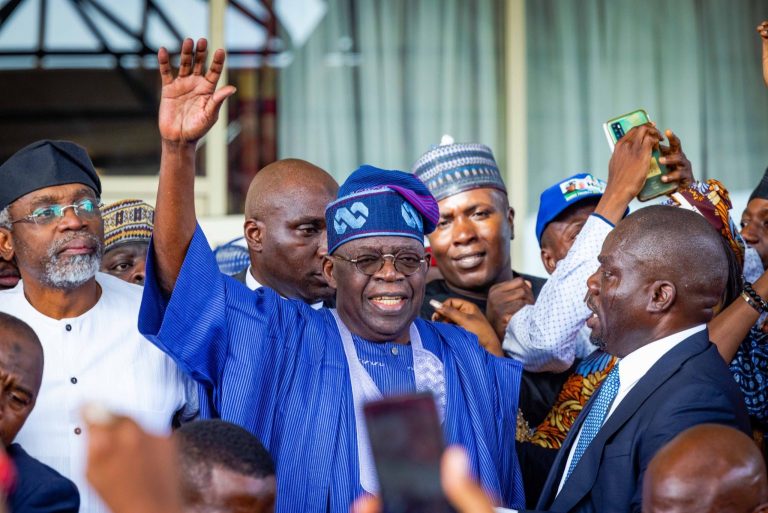The reality of the Tinubu presidency is starting to dawn on Obi-dients, the extreme and violence-prone supporters of Peter Obi, following the movement of the President-Elect to the Defence House in Maitama, FCT Abuja, where he is receiving briefings and generally preparing to assume power on the 29th of May.
Since the announcement of Tinubu’s victory by the electoral body INEC back in February, Obi-dients have sought reprieve from the demoralization of their defeat in an alternate universe where the triumph of the APC will be unexplainably overturned and their candidate handed the win, despite finishing in third position.
They have concocted and promoted several fake reports to support their denialism and delusion, notable amongst them being the debunked claim that Tinubu did not meet the constitutional requirements to be declared president, having failed to score two-thirds of votes in the Federal Capital Territory.
They held on to this untruth for weeks, with some going as far as claiming that his status as President-Elect was an interim designation and that Obi, not him, would be sworn in on the 29th of May.
However, events of the last two days have shattered the delusion and caused many of them to resign to the inevitability of the emergence of the former Lagos governor as the country’s next president. Tinubu’s return from France has accelerated and amplified the democratic processes and plans meant to facilitate his assumption of power.
Remarkably, he has since occupied the Defence House in Maitama in keeping with Nigeria’s democratic tradition of housing presidents-elect in the historic building pending their formal swearing-in. There, Tinubu has received homage from Nigeria’s political and business community, including a visit from the country’s wealthiest and most influential industrialist, Aliko Dangote.
Governors, Senators-elect, and other prominent political figures across party lines have paid courtesy visits to the president-elect, noting their acknowledgement of the imminent power transition which would see Tinubu emerge as the country’s first citizen and the most powerful political actor.
The president-elect has also continued to receive congratulatory messages from global figures, including the governments of the United Kingdom and the United States of America who have both expressed readiness to partner with his administration in addressing issues of mutual interest.
Taking in all of these, with predictable difficulty, Obi-dients appear to have abandoned the previous delusion of some magical intervention and are now adjusting themselves to the objective reality. Some of them have tweeted about the new adjustments, encouraging others to embrace the incoming president and prepare for another challenge for power in the next four years.
Even Obi, the candidate himself, has notably dialled down his fiery and divisive statements, even though this may be connected to his troubles with the UK authorities after he famously admitted to breaking the law albeit “unknowingly”.

